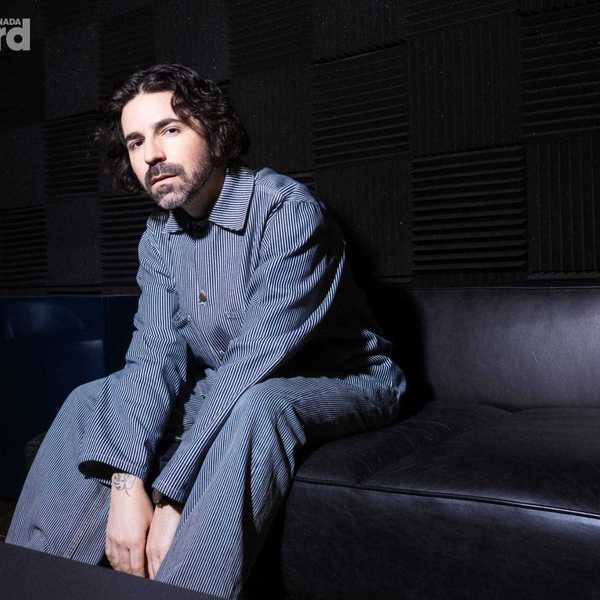Media Beat: The State of the Fourth Estate (Column)
While the news industry flails, many people are searching around for answers, but mostly coming up with more questions.

CNN digs into the troubling financial tailspin of news media in our society in a story headlined, "News outlets are collapsing as advertisers flock to social media platforms. It has major implications for society." It's a sobering assessment without any real end point to suggest there’s a way back.
As the cable news network’s Oliver Darcy writes in this op-ed: “In effect, a substantial portion of the advertising dollars that once supported the carefully manicured gardens of legacy media outlets have migrated over to a free-for-all hellscape ruled by mostly unregulated Silicon Valley deities who prioritize profits and growth over the public good. As a result, the news organizations which work tirelessly to behave responsibly are seeing their business models collapse and future jeopardized, while executives like Mark Zuckerberg tout record profits.”
Here in Canada, Federal Justice Minister Arif Virani announced details about the government’s new online harms legislation, Bill C-63. In his own words, the bill "targets the worst of what we see online, content that sexually victimizes children or revictimizes survivors, intimate content shared without consent, content that incites violence, extremism or terrorism, or foments hatred and content that is used to bully a child or induce a child to self-harm" and made emphasizes the point that the bill “does not undermine freedom of speech." The Conservatives quickly criticized C-63 with party leader Pierre Poilievre harshly deriding its intentions as " part of a "woke authoritarian agenda."
Meanwhile, Nathalie Théberge has been announced as the new CRTC Vice-Chair at an important moment for the commission. She must quickly be brought up to speed on files dealing with regulating large online social media platforms and the broadcast industries.
At such a pivotal time in history with media outlets screaming for change and a balanced playing field that pits them against the likes of multinational tech giants such as Google and Meta, the new hire should be well-versed in the nuances of today’s mediascape. Her credentials are significant, but broadcasting is not in her file so far. Théberge's credentials, as per the CRTC announcement are as follows:
“Before being appointed to the CRTC, she served as Vice-Chair and Chief Executive Officer of the Copyright Board of Canada, directing its work. She also guided staff through the first phase of the Board’s modernization.
“Before that role, Ms. Théberge held several executive positions at the Department of Canadian Heritage. She has been on the front lines in leading cultural and copyright measures in a number of major trade negotiations, including the Trans-Pacific Partnership and agreements with South Korea, Japan and the European Union. She also led the development of Canada’s Creative Export Strategy.
“At the international level, Ms. Théberge led the International Network on Cultural Policy and represented Canada as the national point of contact for UNESCO’s 2005 Convention on the Diversity of Cultural Expressions, a position she held from 2010 to 2018.
“Ms. Théberge holds a master’s degree in political science from l’Université de Montréal and is recognized as a certified corporate director.”
Pertinent to the crises facing news media today is an editorial that appeared in The Globe and Mail this week, penned by former CBC News anchor Wendy Mesley, entitled: “I was a broadcast journalist. Now, TV is the last place I go for news.” It’s a well-structured snapshot of how news has become ubiquitous and trusted sources one often has to pay for.
Does she have answers? Sadly not. The piece ends as follows: “Broadcast journalism is facing a reckoning. It’s time to stop complaining and figure out how we fix it. And then maybe, I’ll start watching again.”


















